Biostatistical scientists bolster the validity of research
More empirical rigor, precision and accuracy, and internal and external validity
The truth is, the literature DOES change you. It led me to fight an uphill battle for 6 years in the name of isomorphism. Come hell or high water, it will be published! (Manuscript currently under review with The Clinical Supervisor)
When I started my job as an assistant professor of biostatistics, I knew that I needed to get vested in the statistical consultation, evidence-based medicine, diagnostic testing, and epidemiology literature. One thing that really impacted me was an article that stated something to the effect of "The best biostatistical consultants are biostatistical scientists."
Biostatistical scientists conduct collaborative as well as their own research. They provide high quality consultation to researchers from the inception to the publication of a research study. They teach courses related to empirical and statistical reasoning to residents, fellows, faculty, physicians, and staff. Lastly, and what really struck a chord with me, was that biostatistical scientists are supposed to invent new methods for applied practice.
Understand something, I LOVE MATH. And, I LOVE SCIENCE. But, mathematical notation and emerging mathematical theory are not within span of competencies. I came from a social science background where higher order mathematics are not requisite parts of the curricula. So, I knew that my conceptual and applied competencies related to math would not "cut it" in comparison to my fellow colleagues and academicians that specialize in these AWESOME FIELDS.
Therefore, my idea/invention/new method would have to come from my conceptual and applied background. If you are reading this post, you are looking at the result of the literature's impact on me and a lot of hard work.
I hope that it helps you in all of your future research endeavors.
EH
